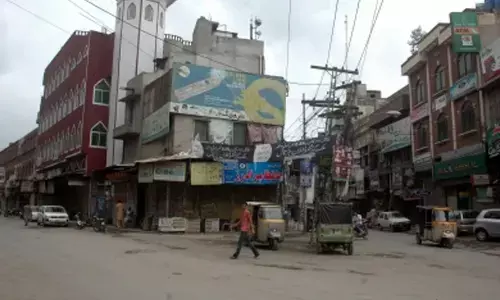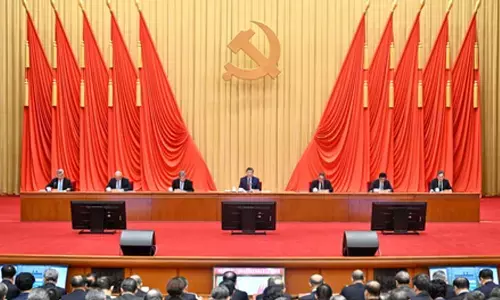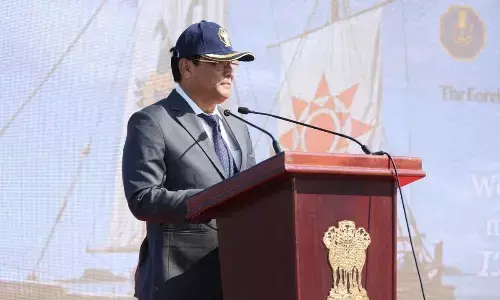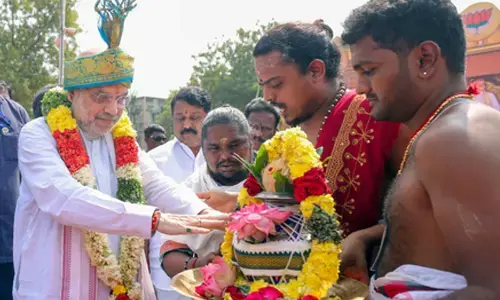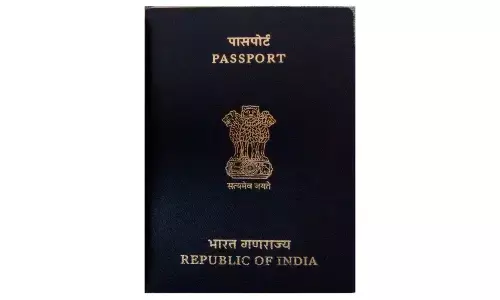What is UNSCR 1267?
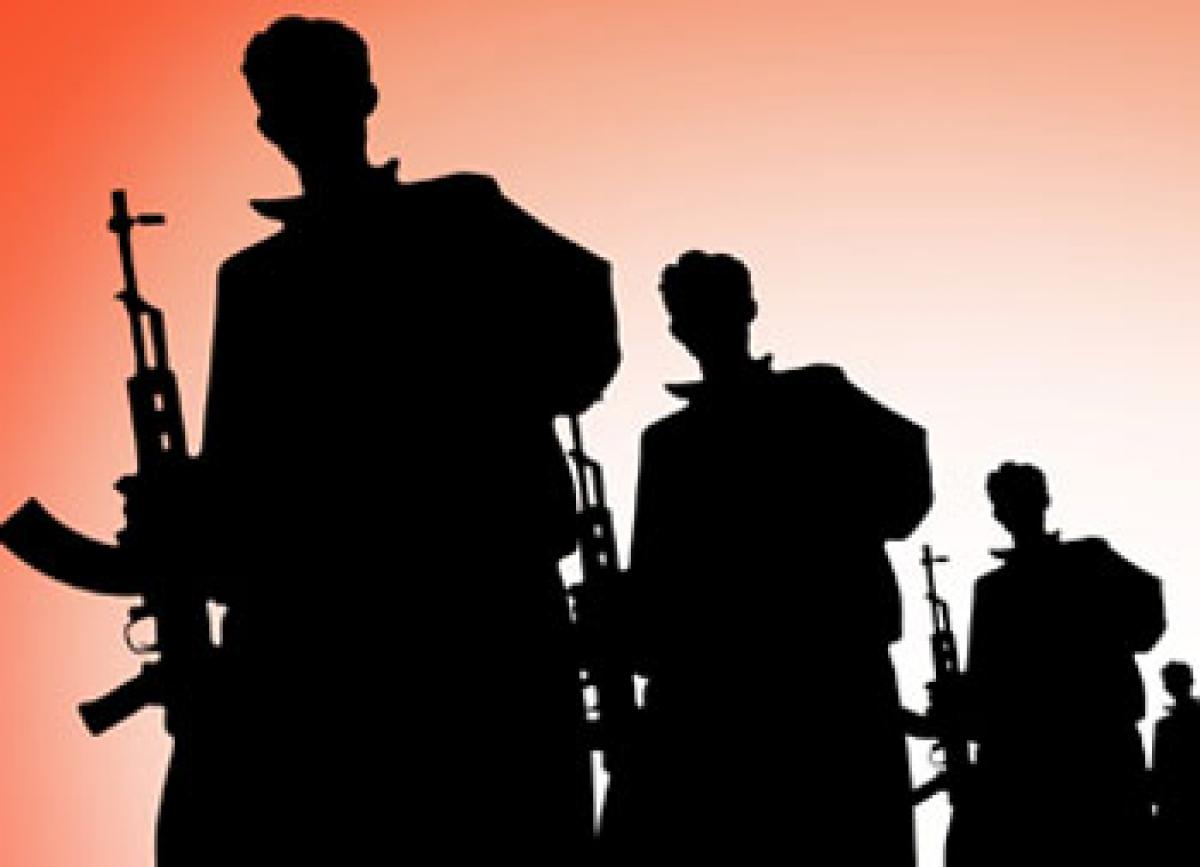
India\'s move to get Pathankot terror attacks mastermind, Jaish-e-Mohamed chief Masood Azhar, banned by the UN was rebuffed for the second time by China, a close friend of Pakistan.
India's move to get Pathankot terror attacks mastermind, Jaish-e-Mohamed chief Masood Azhar, banned by the UN was rebuffed for the second time by China, a close friend of Pakistan. New Delhi has slammed the move. India had approached the UN in February to include Masood Azhar (for his link to Al Qaeda) in the UN Security Council's 1267 sanctions list, in the aftermath of the January 2 terror attack on the Pathankot air base by Pakistan-based JeM terrorists. India has criticised the Security Council move, stating that, “"Its working methods, based on the principles of unanimity and anonymity, is leading the Committee to adopt a selective approach to combating terrorism.” It may be recalled that the Pakistan-based JeM was listed under UNSCR 1267 as far back as 2001 for its links to the Al Qaeda.
Following attack on the US embassies in Nairobe and Darussalam by Al Qaeda leader Osama Bin Laden and other associated groups in 1999, the Security Council passed a resolutions known as “Resolution 1267” or “1267 Regime” under Article 41 of the UN which states. It established a sanctions regime to cover individuals and entities associated with Al-Qaida, Osama bin Laden and/or theTaliban wherever located The 1267 Resolution reads as follows: “The Security Council may decide what measures not involving the use of armed force are to be employed to give effect to its decisions, and it may call upon the Members of the United Nations to apply such measures. These may include complete or partial interruption of economic relations and of rail, sea, air, postal, telegraphic, radio, and other means of communication, and the severance of diplomatic relations.”
The UNSCR 1267 (1999) and its successor resolutions require countries to immediately freeze funds, financial assets or economic resources of individuals and entities who are designated by the United Nations Security Council based on such person’s / entity’s connections with terrorism and terrorist financing. Further, countries should ensure that no funds, financial assets or economic resources are made available to or for the benefit of such designated persons or entities or their beneficiaries.
Under the SCR 1267, there is no scope for judicial review of the Security Council decision. No full reasons for designating individuals or organisations as terrorists need be given to the individuals or the entities concerned.










